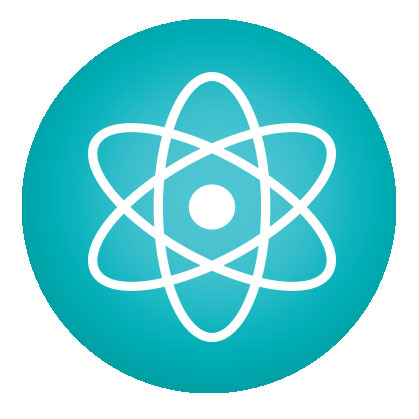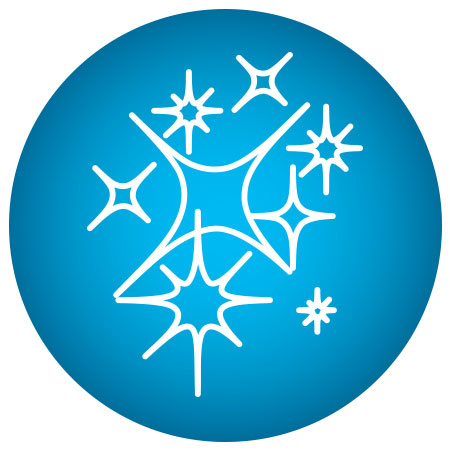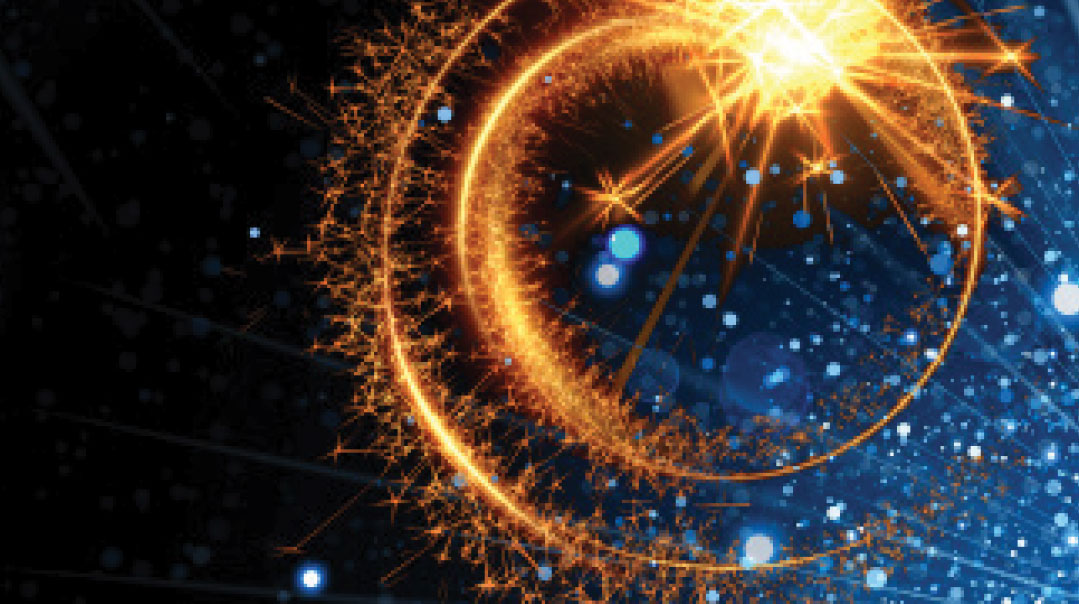Parah Completes Purim

Pesach is coming; we have to renew ourselves, rise and get ready. Because Hashem wants everybody at His Seder table

That parshas Parah follows Purim seems like a poetic coincidence — Purim/Parah, Parah/Purim. But like everything in the world, this is no coincidence. There’s a deep connection between the Yom Tov of revenge against Amalek and the purification achieved through the Red Heifer.
When Amalek went to attack the Jews, they were protected within the Ananei Hakavod. Amalek was only able to attack the necheshalim, those who trailed behind the camp, expelled because they worshipped idols. Hashem didn’t say, “Oh, well, that’s what happens when you don’t behave.” No! He wages war against Amelek in every generation; His wrath burns forever against those who dared attack His children, even His OTD, struggling ones.
Similarly, on Purim we saw that we are loved by the Ribbono shel Olam, even in our lowest moments. No matter where we are, Hashem is with us, waging our wars, caring about our fate. But that is not all. After Purim comes parshas Parah, which explains how the Parah Adumah can purify the impure. Hashem is always with us, but He has created a way that we can purify ourselves and be returned to His pure, inner circle.
Even though we cannot actually sprinkle the purifying waters today, learning about parshas Parah purifies us, brings us into the camp of holiness. Pesach is coming; we have to renew ourselves, rise and get ready. Because Hashem wants everybody at His Seder table.
Fan the Flame
As heard from Rav Moshe Wolfson shlita
As the Purim season changes to Pesach, are we doomed to rising anxiety levels?
Rebbetzin Sarah Feldbrand is the author of over 25 seforim on topics such as middos, tefillah, simchah, and bitachon. She also counsels and delivers workshops.
It’s common to tense up as we head toward Pesach, but there’s hope! One of the cornerstone concepts of mental health and spiritual growth is that thought regulates emotion.
Set up a thinking trigger. For example, every time I change the water while cleaning, I focus for a moment on one meaningful thought. It’s not that we don’t know these ideas — they’re quite basic — it’s that we forget them. By spending a couple of moments a few times a day focused on them, we make them real! And mindset switch can uplift tedious, monotonous work. (Music, a shiur, or bonding through schmoozing can also help it go down more easily.)
Choose one thought that speaks to you, and make it yours this Yom Tov. Here are some of mine:
- Spring cleaning is a chore shared by women the world over. I’m lucky that my “spring cleaning” is of eternal value.
- Thank You, Ribbono shel Olam, for letting me bring You nachas ruach through doing something most would label as mundane!
- Please purify me through my work for the Yom Tov and allow me to connect to You.
(Author’s addition: The year I read Miriam Kosman’s take — that real caring is demonstrated through the details of doing, not beatific declarations — my thought throughout Pesach prep was, “Hashem, I may not be in an uplifted mood, but I’m committed to this relationship.”)
A minute of meditation can spell the difference between drained and exhilarated. Have an uplifting cleaning session and an uplifted Pesach.
Stardust
I used to work full-time in Manhattan, isolated from other frum women, surrounded by non-Jews all through the day. And on Yom Tov itself I was bogged down by caring for small children; no shul for me.
Knowing that whatever was in my head would affect my heart, I made sure to buy a new sefer before each Yom Tov — which I’d then read on the train — so I’d gain a fresh perspective. This enabled me to come into Yom Tov spiritually satisfied and emotionally full. And the ripples spread through my family.
—Ahuvah Ribner
Twinkle
A delegation of the townspeople asked Rav Pinchas of Koritz ztz”l to pray for an end to the drought they were suffering from. Exiting the house along with the petitioners, Rav Pinchas said a short prayer in Yiddish. Within moments, they were dripping wet.
“Why didn’t I pray inside, sparing everyone the downpour?” Rav Pinchas asked, “Because I wanted you to experience the suddenness. It didn’t dawn on anyone that it could rain, yet the Heavens opened in a moment. So will be the coming of Mashiach.”
Source: Maamar Mordechai
The Real Lift
Twice a week, I’m privileged to drive a group of Holocaust survivors in their nineties from their recreational program back home. Driving these ladies during Montreal’s brief summertime requires care and assistance. Driving them during the never-ending winter is a challenge: ice, snowdrifts, sidewalk avalanches… As well as boots, cleats, heavy coats, gloves, bags, and more bags.
One particularly snowy day last winter, I looked out the window and thought, “No way. There’s absolutely no way they can get out.” But a phone call informed me otherwise — the bubbies were waiting for their ride home. Well, if they could make it, so could I!
After a long drive, I approached the entrance to the building. There was too little of a walkway and too much of a snowbank. There was no way they’d make it to the car unless I parked as close to the door as possible.
We managed to pack the walkers inside, make sure no coats or feet were stuck in the door, and ensure seatbelts were fastened. Finally, Senior Air was ready for takeoff!
I turned on the ignition. No movement.
Pressed the gas gently and tried again.
And again.
Classic Montreal. The wheels kept spinning and spinning on the ice.
“Don’t worry, everyone!” I said, my reassuring voice a veneer for my rising anxiety. “We’ll be out with a few more tries.”
But I knew the truth. The snowbank was too deep, the ice underneath too slippery. We were stuck.
Several more minutes passed. No movement. The car’s interior had gotten cold, but I was sweating. How was I going to get the car out? Shoveling wouldn’t do it. Calling for help would take too long. The women could freeze! I tried not to panic as the wheels kept spinning.
“What’s the problem?” Mrs. Friedman called from the back seat in a rich, buoyant Yiddish. “Let’s ask the Bashefer for help!” I glanced through the rearview mirror and saw a huge smile on her face. “He can do anything!”
And so the elderly women began singing joyfully, “Hodu l’Hashem ki tov….”
While they were singing the second refrain and clapping their freezing hands together, the car slid out of the snow bank, floating like silk. Had I not been the one driving, I wouldn’t have believed it. Tears of gratitude to Hashem and those ladies flowed down my cheek.
And I knew who’d gotten the real lift.
—Pam Russ
Love is the most verified cure for wounds of the soul.
(Rav Naftali of Ropschitz, Pisgamim Nivcharim)
(Originally featured in Family First, Issue 684)
Oops! We could not locate your form.








